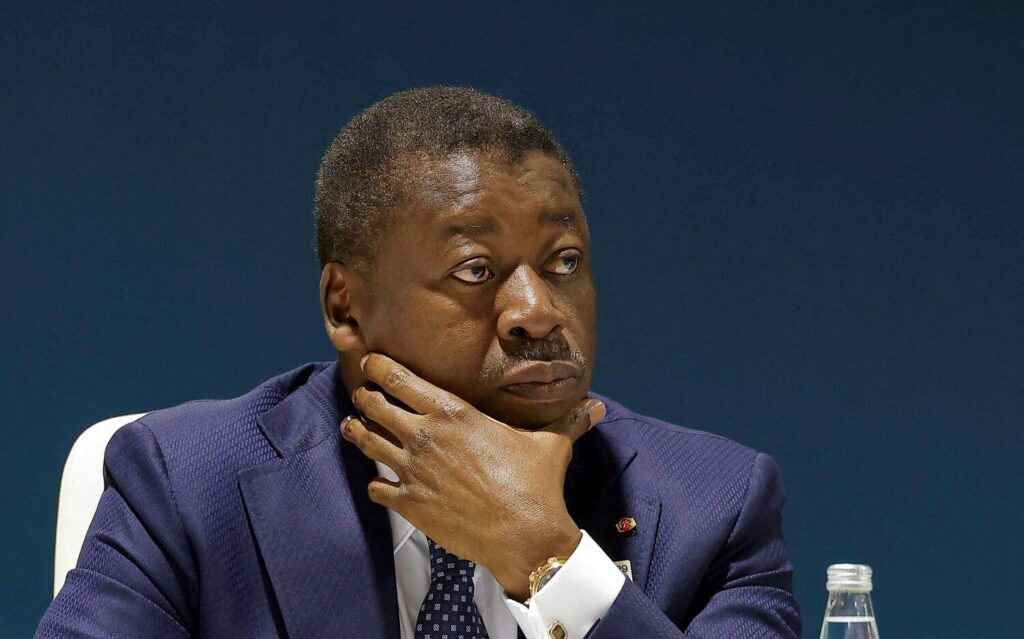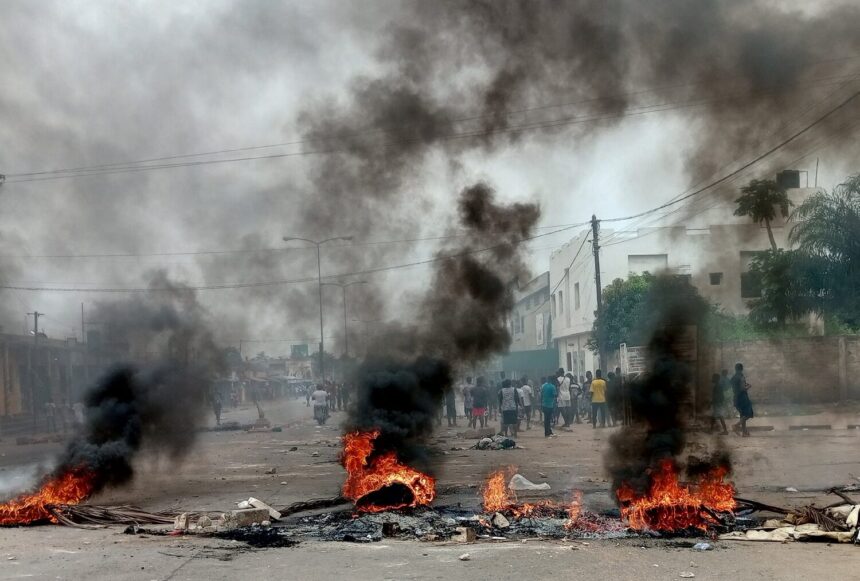Lome, June 30 — At least seven people lost their lives during anti-government protests in Togo last week, according to local civil society and human rights groups. Demonstrators had taken to the streets demanding the resignation of President Faure Gnassingbe, whose family has ruled the country since 1967, amid growing frustration over a worsening cost of living crisis.
The protests, which began last Thursday, saw security forces responding with tear gas, batons, and force to disperse crowds. Witnesses reported soldiers using aggressive tactics against protesters. A coalition of 12 Togolese civil society organizations released a statement accusing the security forces of excessive violence, including arbitrary arrests, beatings with batons and ropes, and destruction of private property.
Tragically, the bodies of seven individuals were discovered in various locations around Lome. Three bodies, including two minors, were found in Be lagoon east of the capital on Friday. That same day, two brothers’ bodies were recovered from a lake in Lome’s Akodessewa district. Two more bodies were discovered on Saturday in Nyekonakpoe, also in the capital.

The government acknowledged the recovery of bodies from Be lagoon and Akodessewa lake but attributed the deaths to drowning. A statement issued Sunday extended condolences to the families and urged residents to observe safety precautions near water, particularly during the rainy season.
These protests come against the backdrop of political tension following President Gnassingbe’s recent appointment in May to the newly created role of President of the Council of Ministers — a position with no fixed term limit. Critics see this move as a further step away from democratic norms in a region already grappling with leaders who maintain power for decades.
Requests for comment from Hodabalo Awate, Togo’s Minister of Territorial Administration, on the government’s handling of the protests were not immediately answered.
Meanwhile, authorities reported multiple arrests during the unrest, with Amnesty International describing the actions as a crackdown on dissent. Many detainees were reportedly released shortly after being held.






